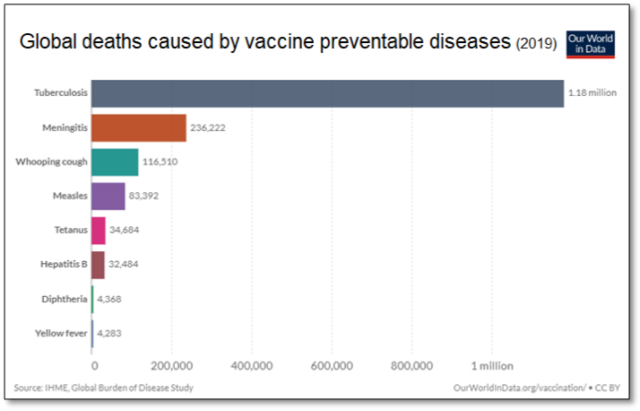European Immunisation Week
by Health Promotion Department, Public Health
The last week of April each year raises awareness of the importance of immunisation, a term used to describe the process by which we acquire protection against a disease through vaccination.
Vaccines and immunisation programmes have prevented major epidemics of life threatening diseases since their widespread use in the 1900s. Because of this, vaccination is considered one of the greatest public health achievements of the 20th century.
Vaccines work. Vaccines save lives.
Some vaccines have been so successful that diseases like smallpox, polio and tetanus that used to kill or disable millions have been almost completely eradicated. Incidence of other diseases like measles and diphtheria has been greatly reduced since their vaccines were introduced.
Yet, despite immunisation being a safe and cost-effective way to protect people (especially young children), many in Europe go unvaccinated and remain vulnerable to potentially life-threatening diseases.
The data for childhood vaccines in Gibraltar is under review, but it is very likely (as seen in the UK) that not all recommended threshold levels are being met.
Concerns about vaccination have been consistent since the use of vaccines began. Today, social media has allowed rapid spread of these anxieties. It is, however, important to look for the scientific evidence base from trusted sources, in order to make an informed decision. Vaccines continue to undergo rigorous safety checks and remain closely monitored to ensure they remain effective.
For most, it is now impossible to mention the word vaccine without thinking of COVID-19. The pandemic has tested people and communities, forcing countries to take unprecedented measures to protect and save lives. Despite on-going reports of how well the current vaccine holds up against new strains of the virus; the poorest health outcomes continue to be seen in those who are unvaccinated.
Will natural immunity protect me and my children better?
Both infections and vaccines prompt the body toward some form of immune response. However:
• The complications from contracting diseases can generally have worse outcomes, with potentially life-long consequences.
• Catching a disease does not guarantee 100% immunity; it is possible to catch some diseases more than once (e.g. tetanus, rubella, whooping cough and meningococcal disease).
• Vaccination of the majority of the population raises protection for everyone to almost 100%. This is referred to as ‘herd immunity‘. The recommended target is vaccination of 95% of those eligible.
• For individuals who do become infected despite having been vaccinated; symptoms tend to be far less severe than for those who have not been vaccinated.
Vaccination remains the safer, studied, reliable way to build protection.

Benefit vs Risk
As with all medications there are likely to be side effects to taking a vaccine, though these are noticeably less harmful than the disease being prevented.
The most commonly reported short-term side effects include fever, feeling tired, pain/ redness at the injection site. This is weighed against potential side effects of the diseases being prevented, as shown in the table below:
Infection: Complications reported:
Diphtheria Sore throat, pus-filled blisters, difficulty breathing and swallowing
Hepatitis Joint pain, yellowing of the skin and eyes (jaundice), scarring of the liver, liver cancer
Influenza (Flu) Several days of fever, exhaustion, body aches, pneumonia, worsening of medical conditions
Measles Infections, fits/ seizures, heart and nervous system problems
Meningitis Vision or hearing loss, recurrent seizures, learning difficulties, coordination issues, loss of limbs
Tuberculosis (TB) Persistent cough, breathlessness, meningitis, damage to bones and spinal cord, damage to lungs / liver/ kidneys
Any decrease in the uptake of vaccines is a serious threat to public health and inevitably results in the increase of vaccine-preventable diseases.
Are you a vaccine Champion?
Anyone who gets vaccinated is not only helping to protect themselves but they are protecting the community, by reducing the spread and potential impact of a disease. There will always be some who are unable to be vaccinated, due to certain health conditions or allergies, and those that get vaccinated help to protect this vulnerable group.
Vaccine schedules
All EU countries have a 'vaccination schedule' that recommends the age at which a vaccine should be given in order to achieve the best protection.
Check the Public Health website, HealthyGibraltar.org to read more on preventing infections and the local vaccine schedule.

If you are not sure about being up-to-date with yours or your child’s vaccine schedule, get in touch with your healthcare provider.









